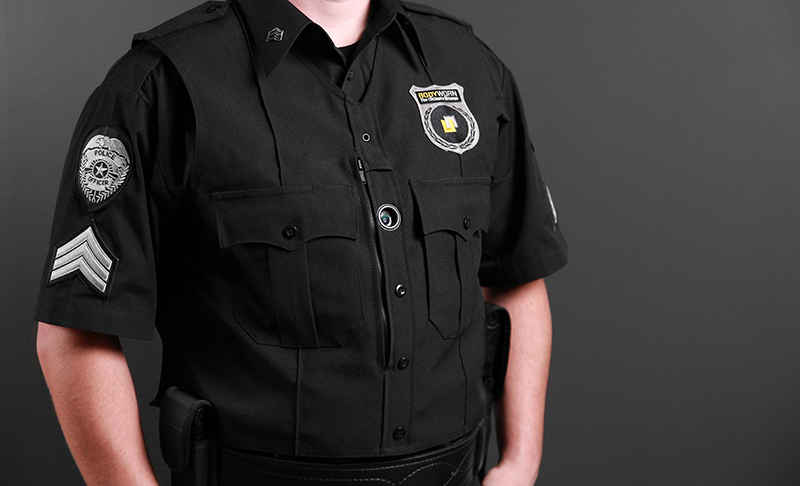Click here to get this post in PDF
Now that the global pandemic isn’t restricting movement so much, many businesses have started running large events again. There are all sorts of elements that business owners, managers, and other leaders and employees need to think about when planning these types of occasions, including the guest list, schedule of events, food, drink, venue, and more.
However, one aspect many people are considering more closely these days is security. In this day and age, when we’ve seen so many terrorist attacks, natural disasters, health concerns, gun violence, and social and political unrest, it’s not overkill to plan how to mitigate risks when a large number of people get together. Read on for some ways you can secure the events you run this year and beyond.
Determine Where the Main Risks Lie
Start by working with your team to determine the main risks in your event planning and production. These often vary from occasion to occasion, venue to venue, and business type to business type, but there are some common factors to consider. For example, is the location of the event somewhere that could become a target for some reason, or is there anyone on your guest list who could attract controversy or attack?
Could you expect any protests or counter-protests surrounding your event due to who’s speaking at it or because of what your company sells or is launching or promoting, etc.? Are there any potentially explosive topics on the agenda or media coming along that could stir up what ends up becoming too much interest in the event? There are numerous questions worth asking.
In addition, think about security threats you can plan for that don’t relate to humans. For instance, there could always be the threat of a natural disaster, car accidents, animal attacks, technological hacks, or other problems. Look into how secure the venue is that you’ve chosen and check that there are enough escape routes for indoor settings. Plus, consider your compiled list of potential threats and do what you can to develop solutions and backup plans to reduce the risk of significant issues arising on the day.
Create Documents and Processes to Help You Secure the Event
Next, develop some checklists for you and your team and any external event planners or other contractors to read over, understand, and follow in the lead-up to the event and during it. These lists help ensure that important security aspects aren’t forgotten or partially forgotten in all the busyness.
It’s also vital to define the roles and responsibilities of everyone working on or at the event. This step is crucial because it ensures there’s no confusion about who needs to do what and when, and you shouldn’t have to worry about missed tasks due to a lack of communication about who’s in charge of a particular aspect of the event. In addition, a chain of command boosts security because it makes it evident who to turn to in an emergency and whose lead to follow on the day.
Another document type you want to keep in mind for your events is incident reports. If anything terrible, unlucky, untoward, etc., occurs, a detailed description of the events must be written up. Taking this step reduces the possibility of memories blurring over time and affecting police reports or other documents and conversations. For example, suppose you need to put in an insurance claim for property or other damage due to security issues. In that case, you’ll want everything recorded correctly and available to share with those who ask for it.
Hire Some Security Guards
While we all hope that no ugly problems arise at our business events, the reality is that we can’t control what happens, and you never know what’s in the future. However, you can reduce risks by hiring security guards to patrol the event location, break up fights or other scenes as needed, and keep watch over you, your team, and others. Hire comprehensive security guarding services to keep a close watch on any potential attendees who could have a target on their back for some reason. Also, have guards on site in various spots to reduce the likelihood that someone might break into the event, gatecrash it, or otherwise cause damage. Security personnel can also investigate your event venue and plans and present you with a report on where the main risks lie and how you can mitigate them if possible, too.
Other ways to better secure your big events are to choose safety-conscious venues in the first place, make security measures highly visible, and consider cyber threats. You may like to screen attendees, too.
Every step you take to protect against threats will help make them less likely to arise. In turn, you’ll have a more successful party while also facing less stress along the way.
You may also like: A 7-Step Guide To Building A Security Solution For Your Company


